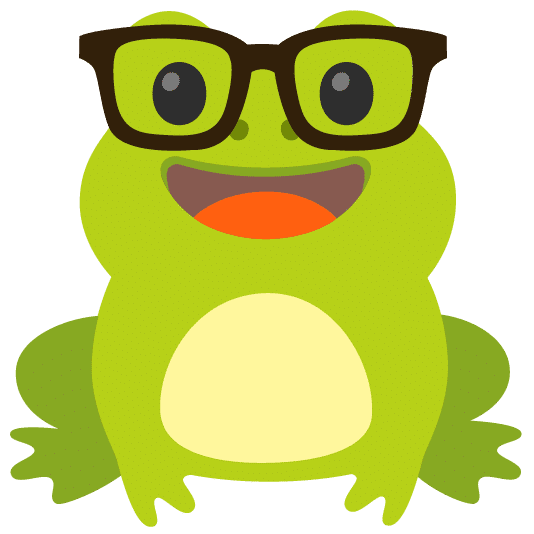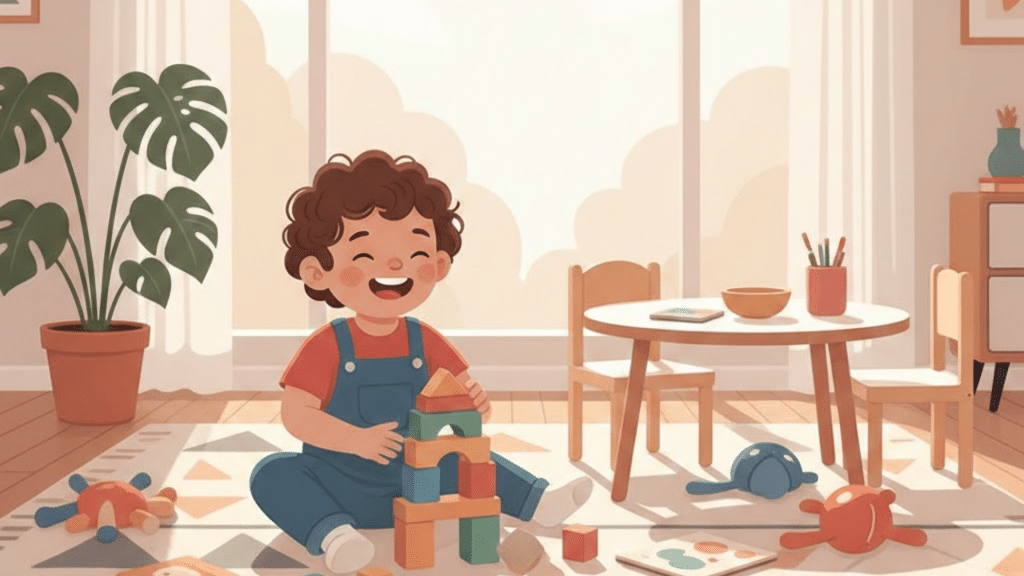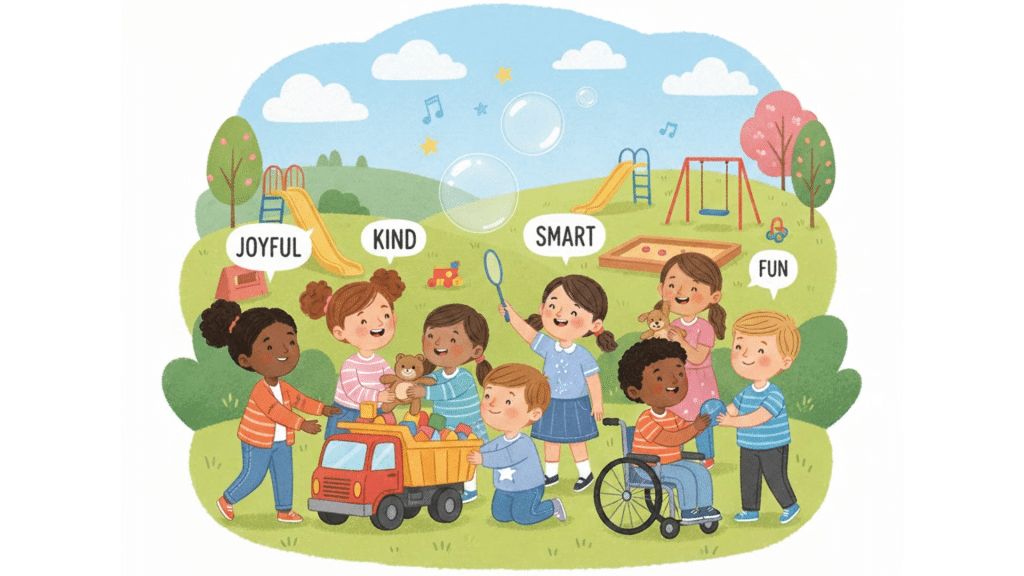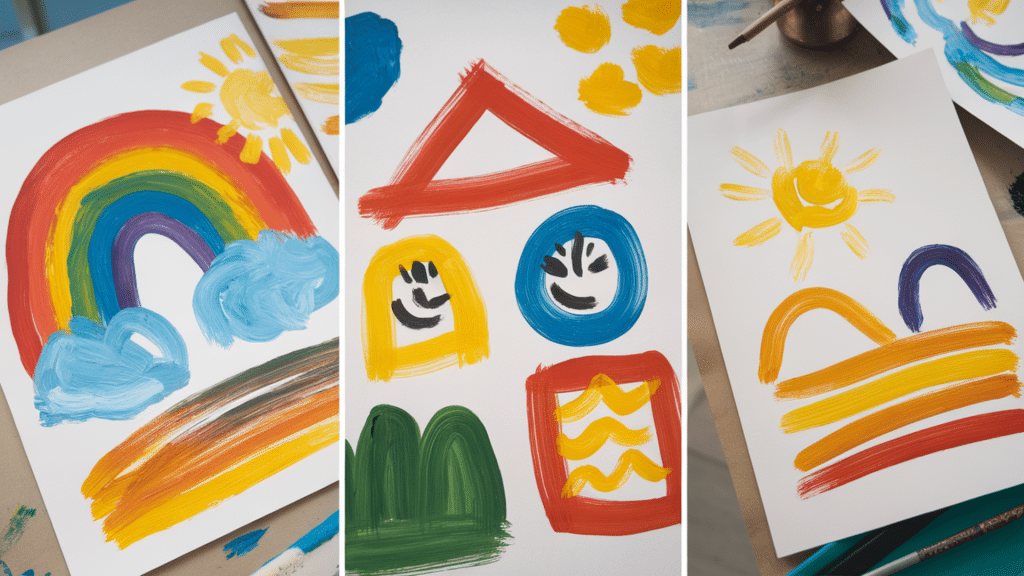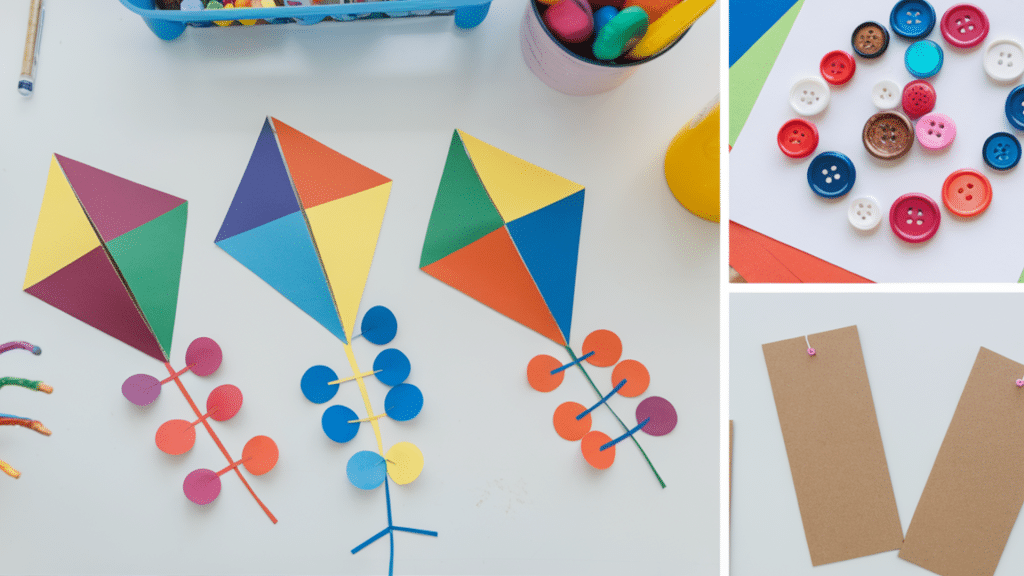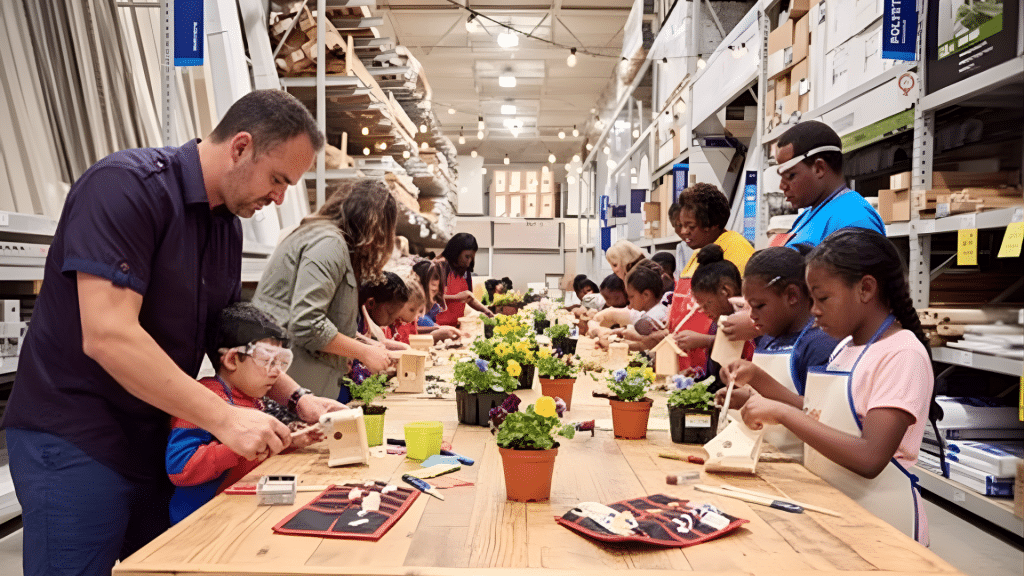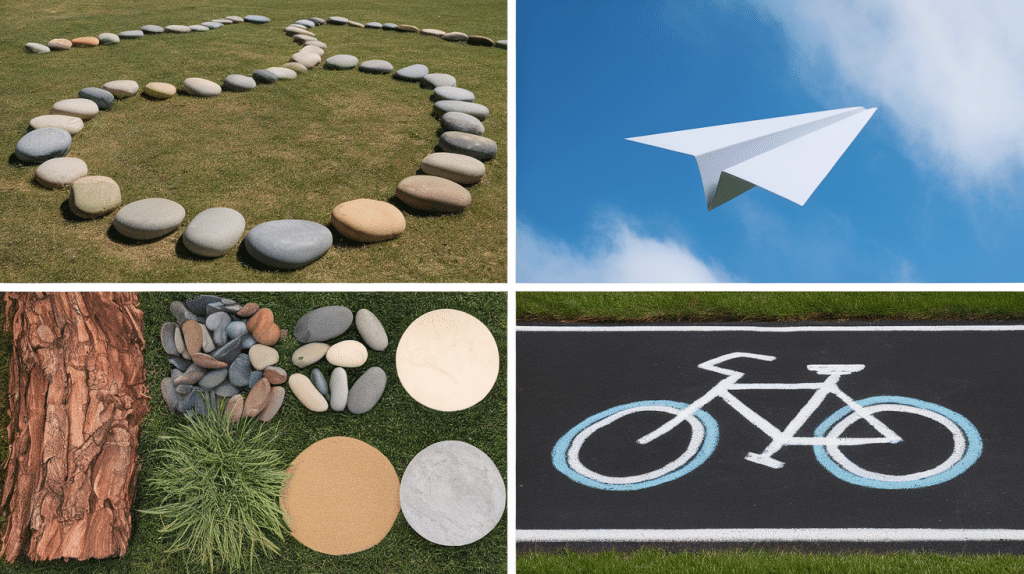As a parent or teacher, you probably want kids to read more than just stories; you want them to experience the real world, too. That’s where nonfiction books for kids come in.
These books spark curiosity, answer big “why” questions, and inspire children with true stories they can connect to. In this guide, I’ll share the best nonfiction picks for all ages, from kindergartners to teens.
You’ll also get a simple buying guide and tips to choose books that match your child’s interests. By the end, you’ll have everything you need to start a nonfiction collection kids will truly enjoy.
Why Choose Nonfiction Books for Kids?
Nonfiction books for kids are more than just reading material; they are a valuable educational resource. They give children real knowledge that connects to everyday life.
When children read about animals, space, or people from history, they develop a deeper understanding of the world.
These books also boost confidence. Kids enjoy sharing facts they learn, and that makes them feel capable. A child who reads about planets can explain them to friends or family. That small step makes learning feel rewarding.
Nonfiction also feeds imagination. Real-life stories show children what’s possible. For example:
- A book about space can spark dreams of becoming an astronaut.
- A history story can introduce them to leaders who made a difference.
- Science books can answer tough “how” and “why” questions.
- Biographies can inspire kids to try new things with courage.
By reading nonfiction, kids see that learning is not just for school. It’s something they can enjoy every day.
Nonfiction Books for Kids
Nonfiction books make learning fun and real for children. From animals and space to inspiring biographies, these books connect kids to the world around them in ways they can understand.
Nonfiction Books for Kindergartners (Ages 4–7)
These books are bright, illustration-heavy, and interactive. They keep young kids curious while making big ideas simple.
1. National Geographic Little Kids First Big Book of Why
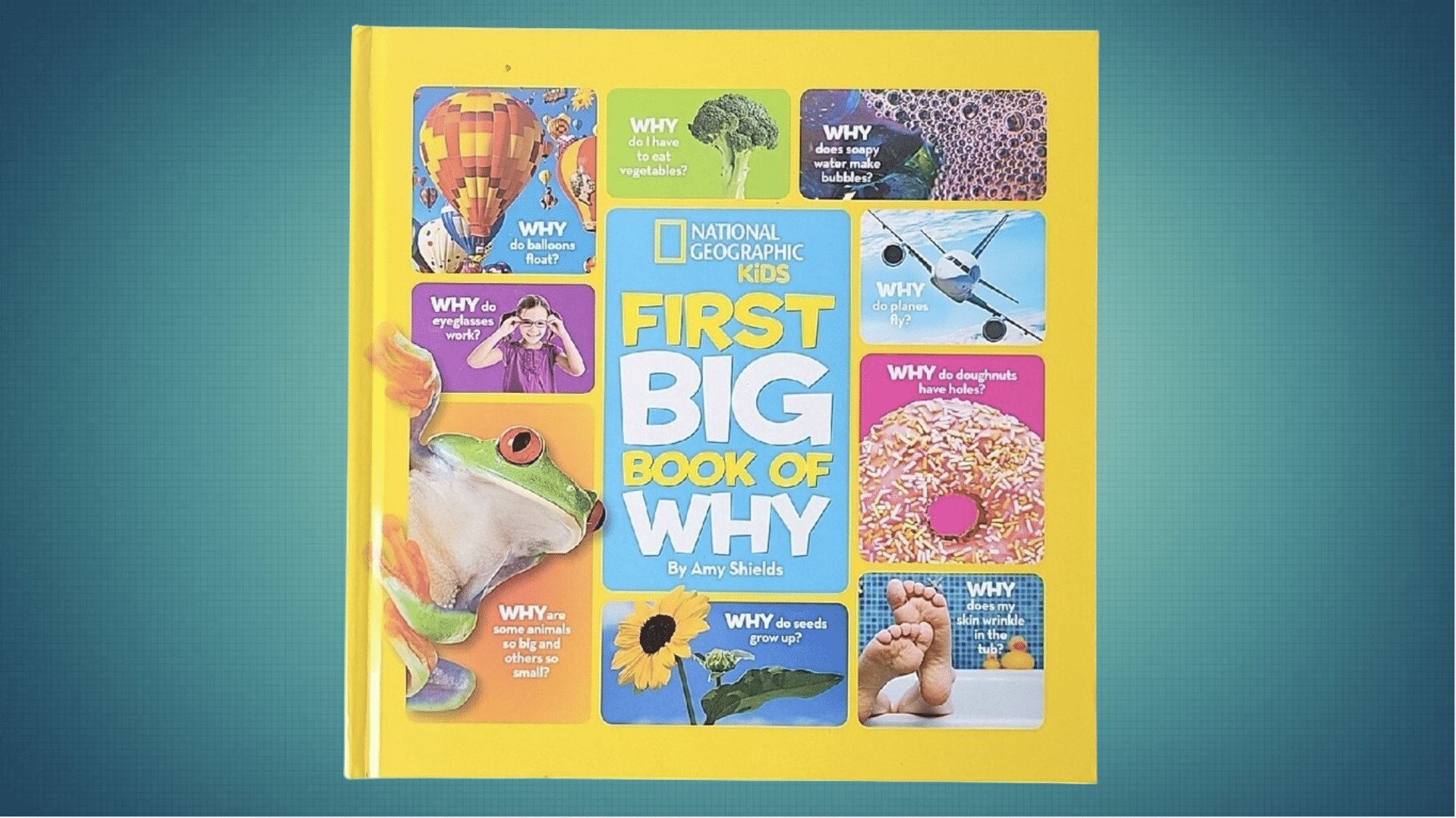
This book answers everyday “why” questions with short text and colorful photos. National Geographic Little Kids First Big Book of Why covers animals, nature, the earth, and the human body.
It uses simple explanations so young kids can easily follow along. The fun format encourages curiosity and helps children build an early interest in science.
Ideal for parents who want to support learning at home in a natural and enjoyable way.
2. Actual Size by Steve Jenkins
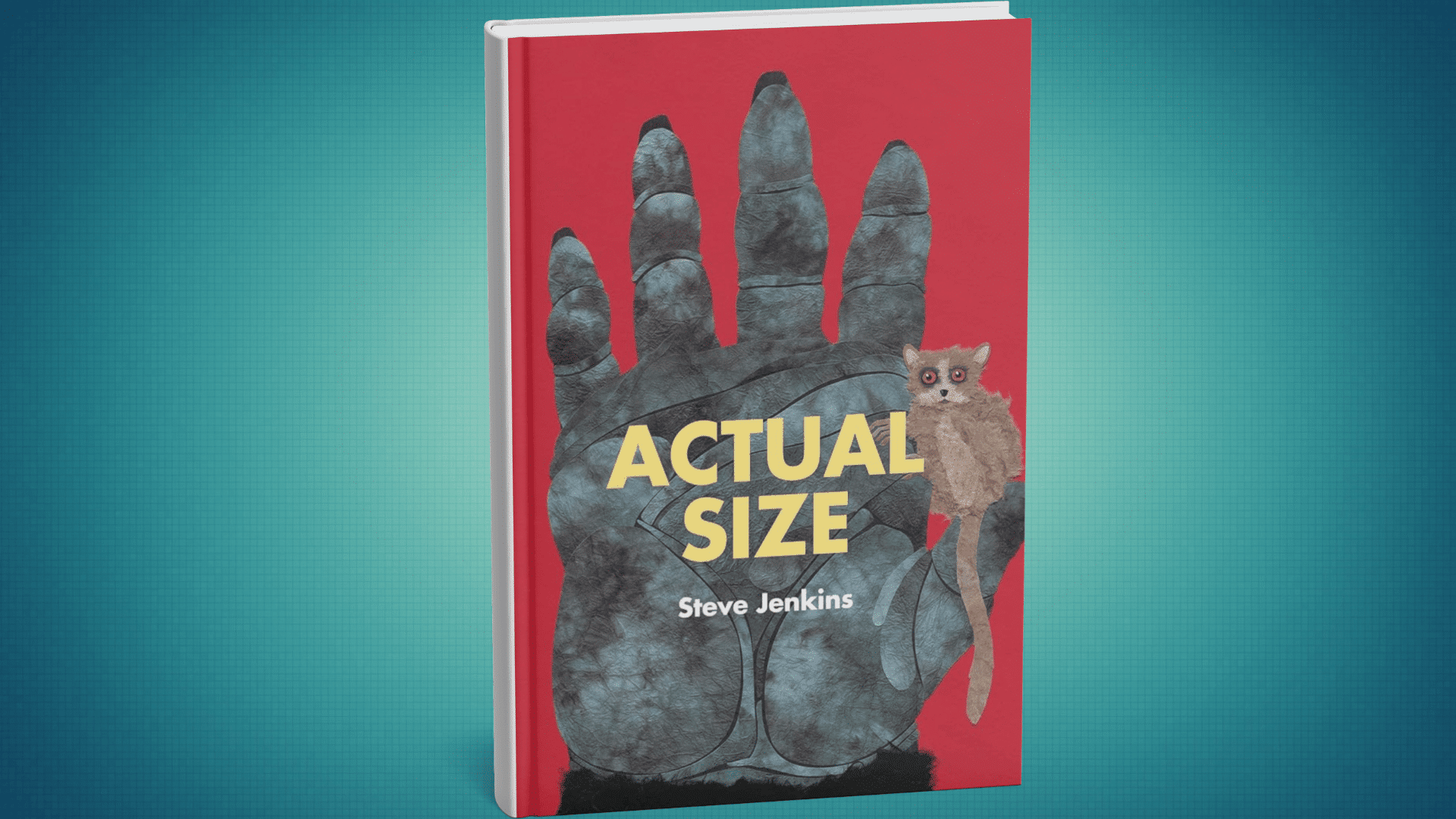
Steve Jenkins uses life-size illustrations to show animals as they really are. Actual Size lets kids compare their hands to a gorilla’s or look at the huge teeth of a shark.
The bold visuals make it easy for children to understand scale and size. With short, clear text, this book is engaging and accessible for early readers. It’s a favorite for kids who enjoy animals and visual learning.
3. Hidden Figures: The True Story of Four Black Women and the Space Race
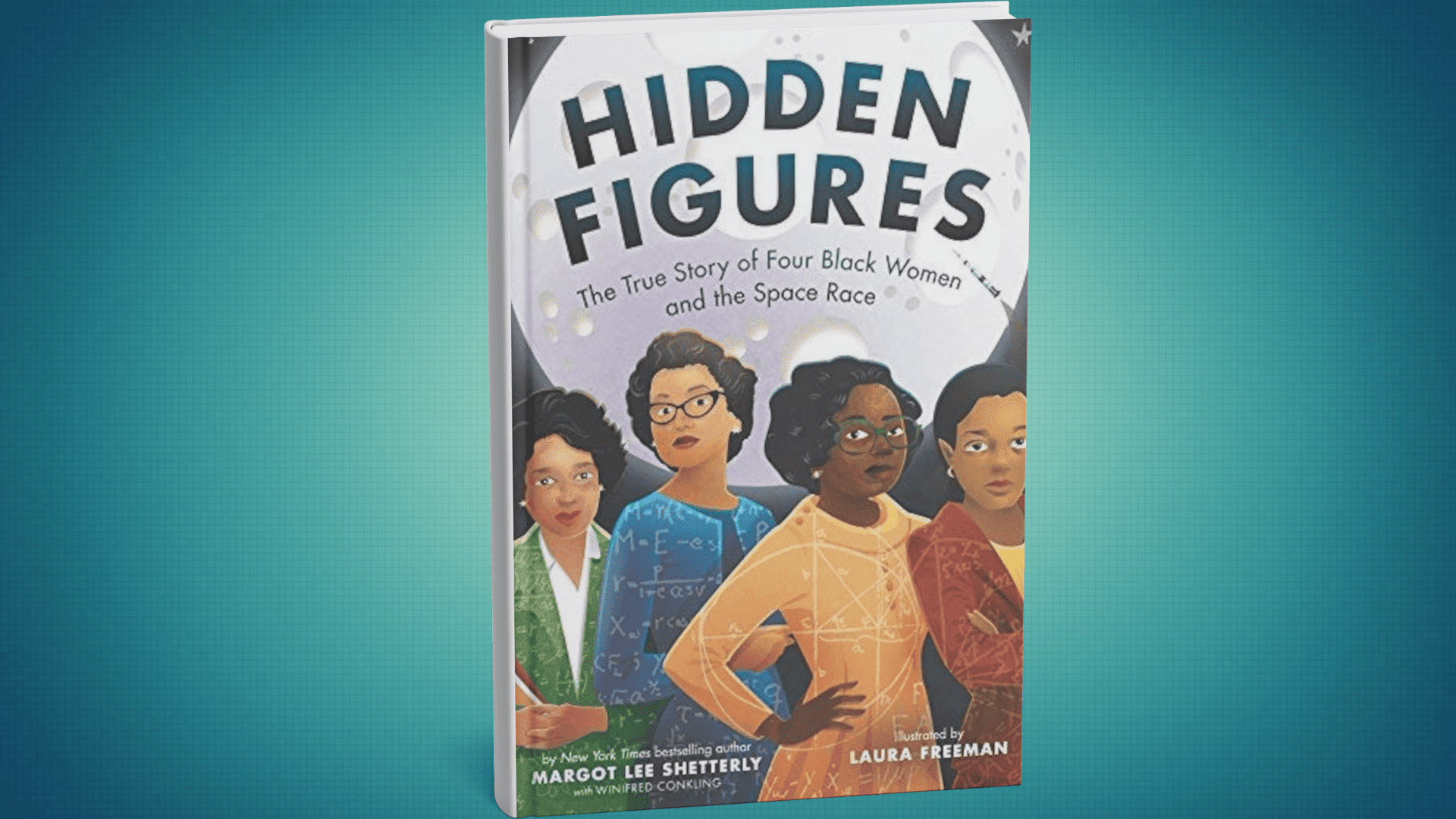
This picture book tells the story of four African American women who worked at NASA. Hidden Figures: The True Story of Four Black Women and the Space Race highlights how their math and science skills helped the United States during the space race.
Bright illustrations and simple text keep it approachable, while the true story inspires children to dream big and value teamwork.
4. Sharks! (National Geographic Kids Readers)
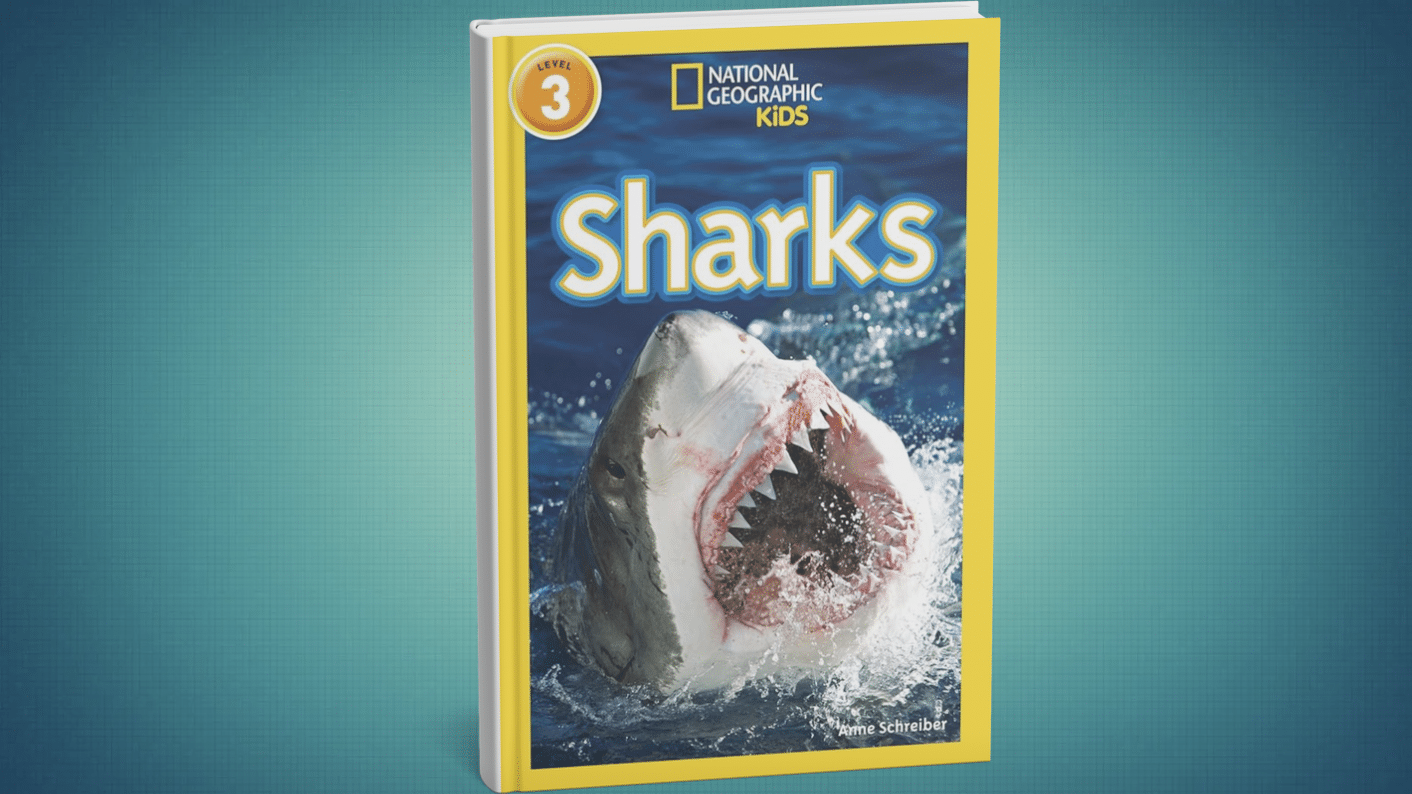
This nonfiction reader introduces sharks with real photos and short, easy-to-read facts. Sharks! teaches children about various species, their diets, and survival strategies.
Bold words highlight key details, while trivia and fun facts keep the content engaging and interesting. It’s designed for beginners, making it a great choice for early readers. The mix of strong visuals and engaging content makes it both educational and entertaining.
5. The Day the Crayons Came Home (Nonfiction Twist)
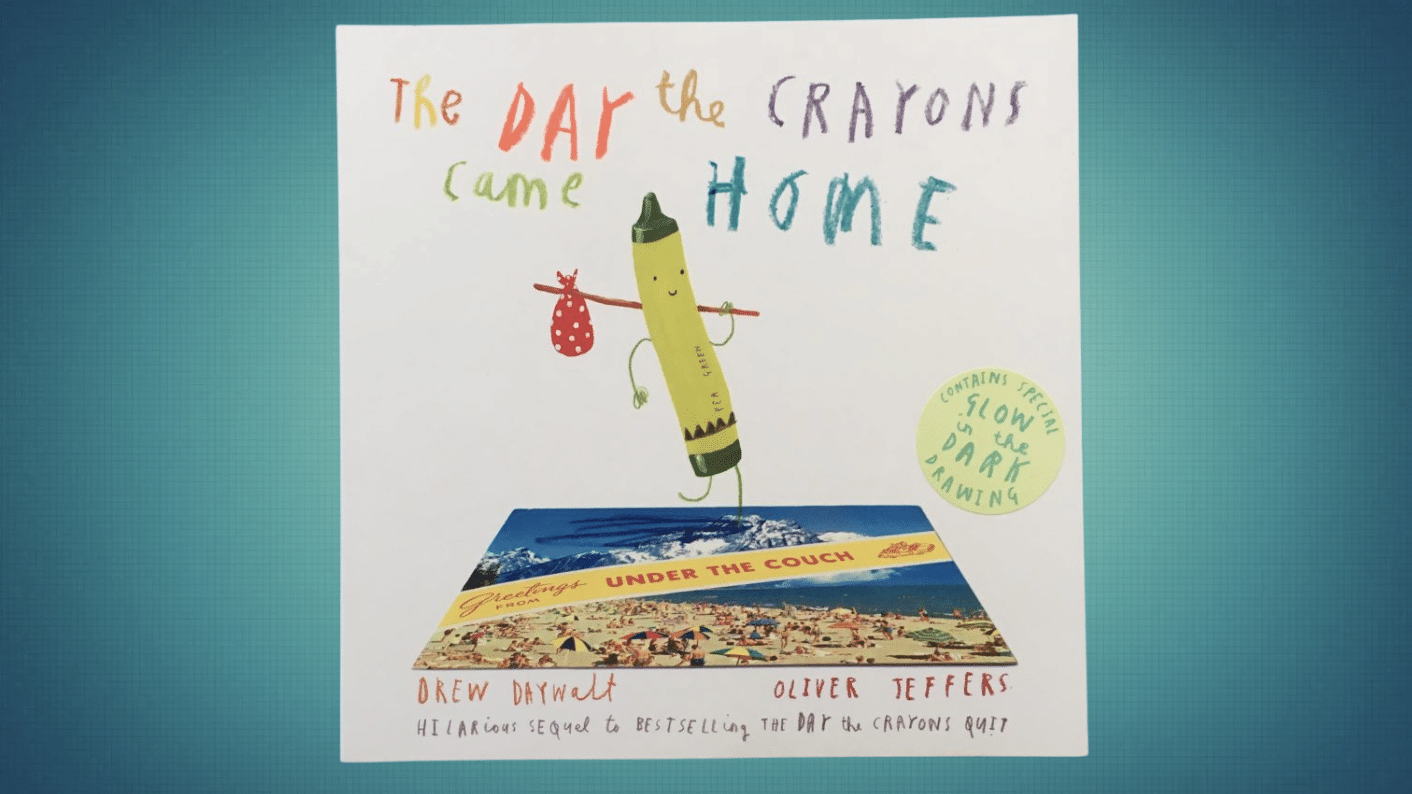
This playful book combines humor with real-life learning about colors and objects. The Day the Crayons Came Home introduces kids to how everyday things are connected to the world of colors.
The illustrations grab attention, while the simple lessons make the information easy to absorb. It’s a creative way to bring nonfiction ideas into story time, keeping kids entertained while they learn.
Nonfiction Books for Middle Grade Kids (Ages 8–12)
These books mix science, history, and biographies in fun, approachable ways for older kids.
6. Women in Science by Rachel Ignotofsky
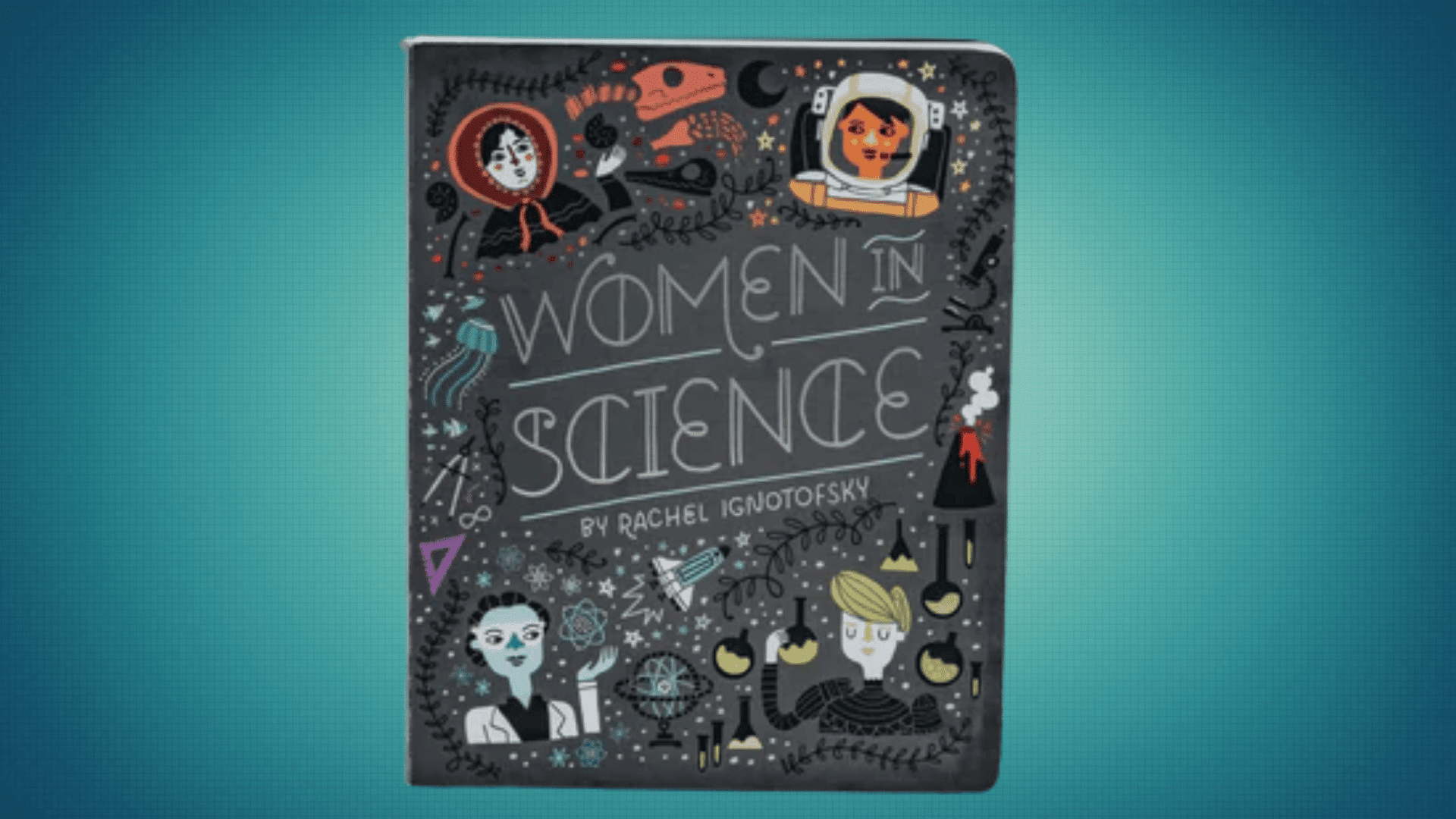
This book introduces 50 women who made important contributions in science, math, and technology. Women in Science includes colorful illustrations, short text, and easy-to-understand facts.
Kids learn about historic pioneers like Marie Curie and modern figures who changed STEM fields. The design makes information engaging without being overwhelming.
It encourages children to see science as exciting and possible for everyone.
7. Who Was? Series
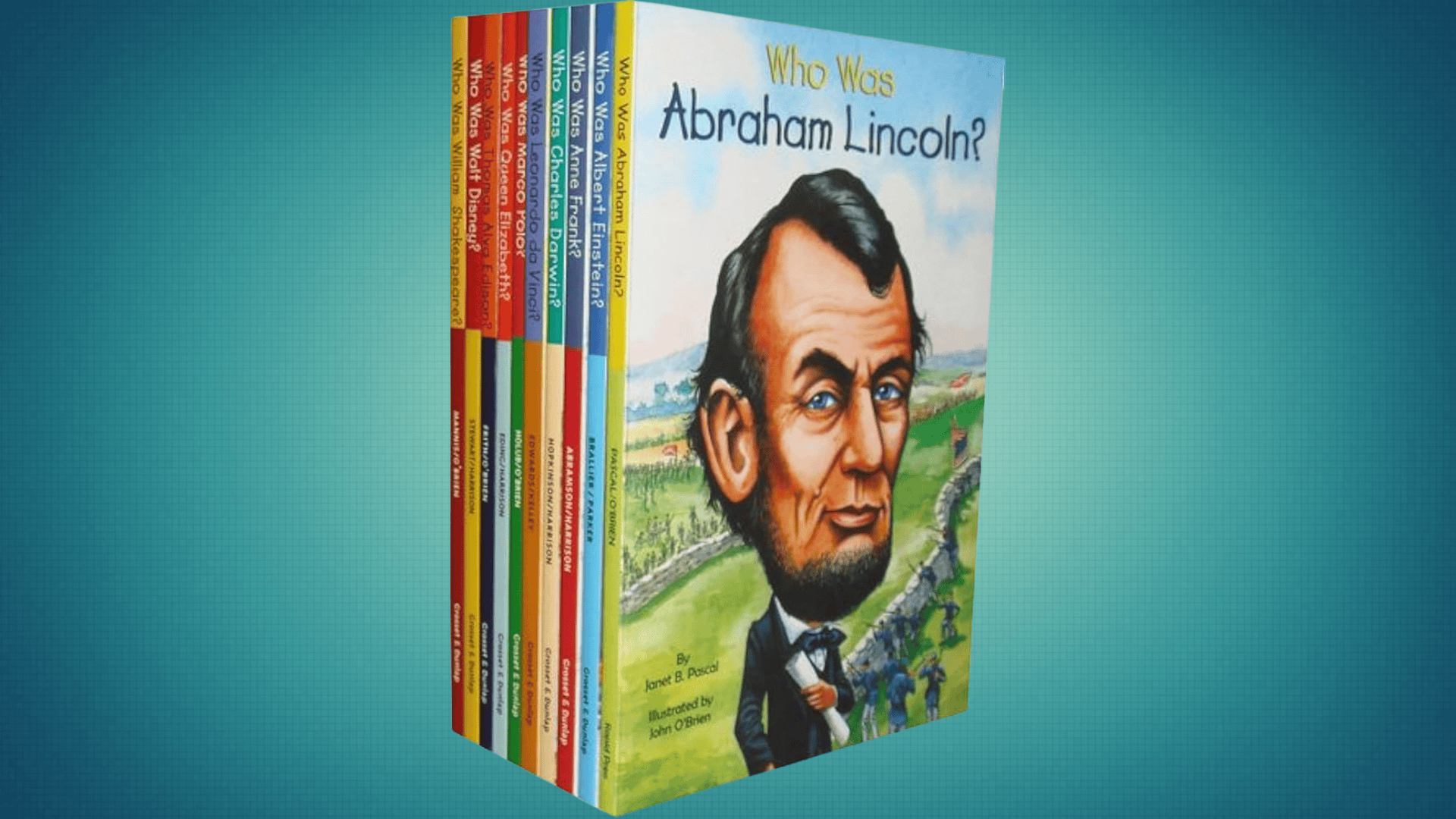
The “Who Was?” series brings history, science, and culture to life through biographies. Each Who Was? book covers one famous figure, such as Albert Einstein, Amelia Earhart, or Rosa Parks.
The stories are written in a simple style with drawings, timelines, and maps to make learning easier. Great for school projects or independent reading, these books make real people and events approachable for kids.
8. Human Body Theater by Maris Wicks
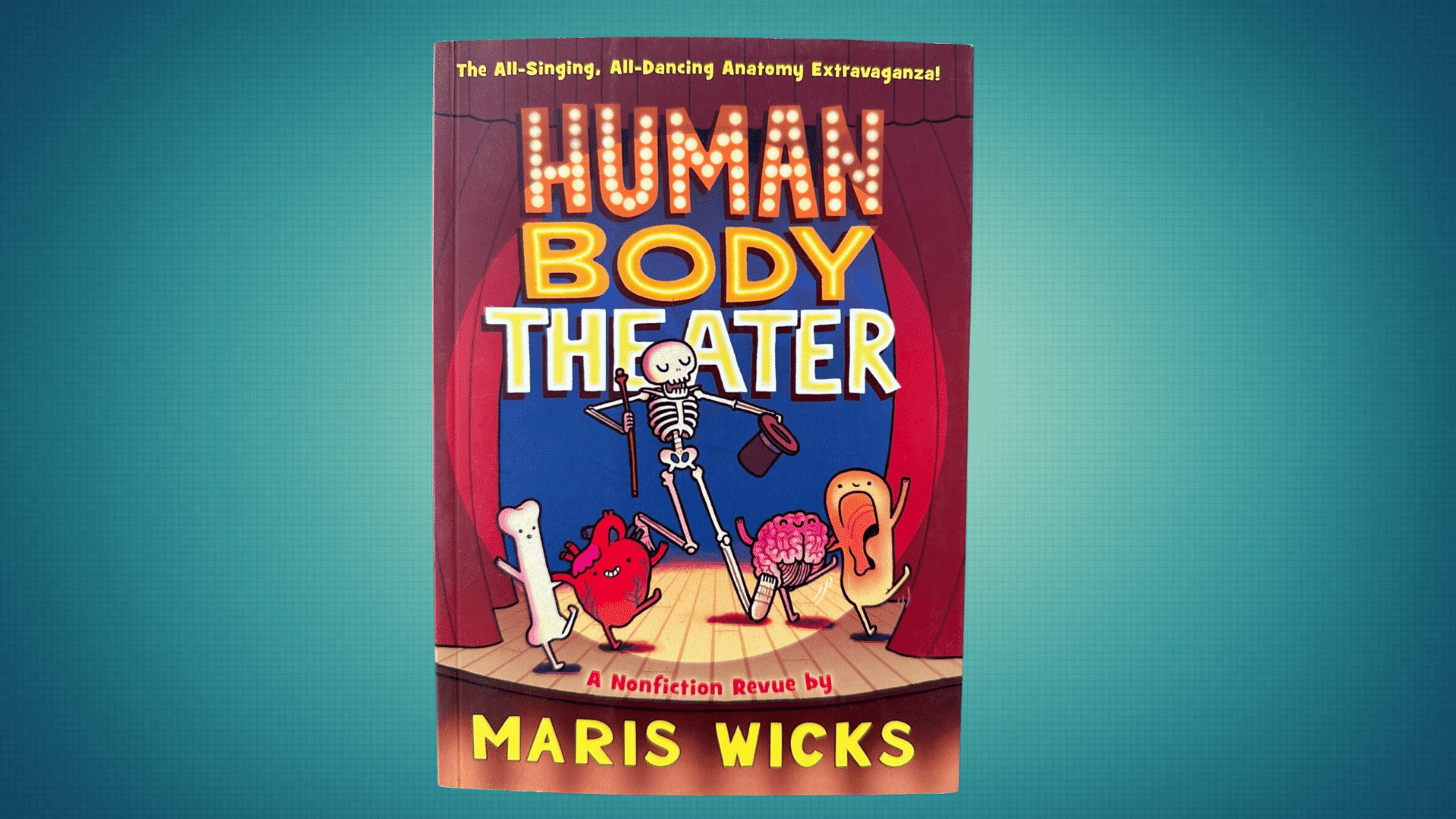
This comic-style book explains how the human body works in a fun way. In Human Body Theater, each part of the body becomes a character in a theater production, guiding kids through bones, muscles, blood, and more.
Humor and illustrations make science less intimidating and easier to remember. It’s a strong introduction to biology for middle-grade readers.
9. The Complete Cookbook for Young Chefs

Created by America’s Test Kitchen Kids, The Complete Cookbook for Young Chefs helps children learn cooking through real recipes.
The step-by-step instructions are easy to follow, with photos and clear measurements. Safety tips and cooking science notes are included. More than recipes, it teaches confidence, independence, and responsibility in the kitchen.
10. Magic Tree House Fact Trackers
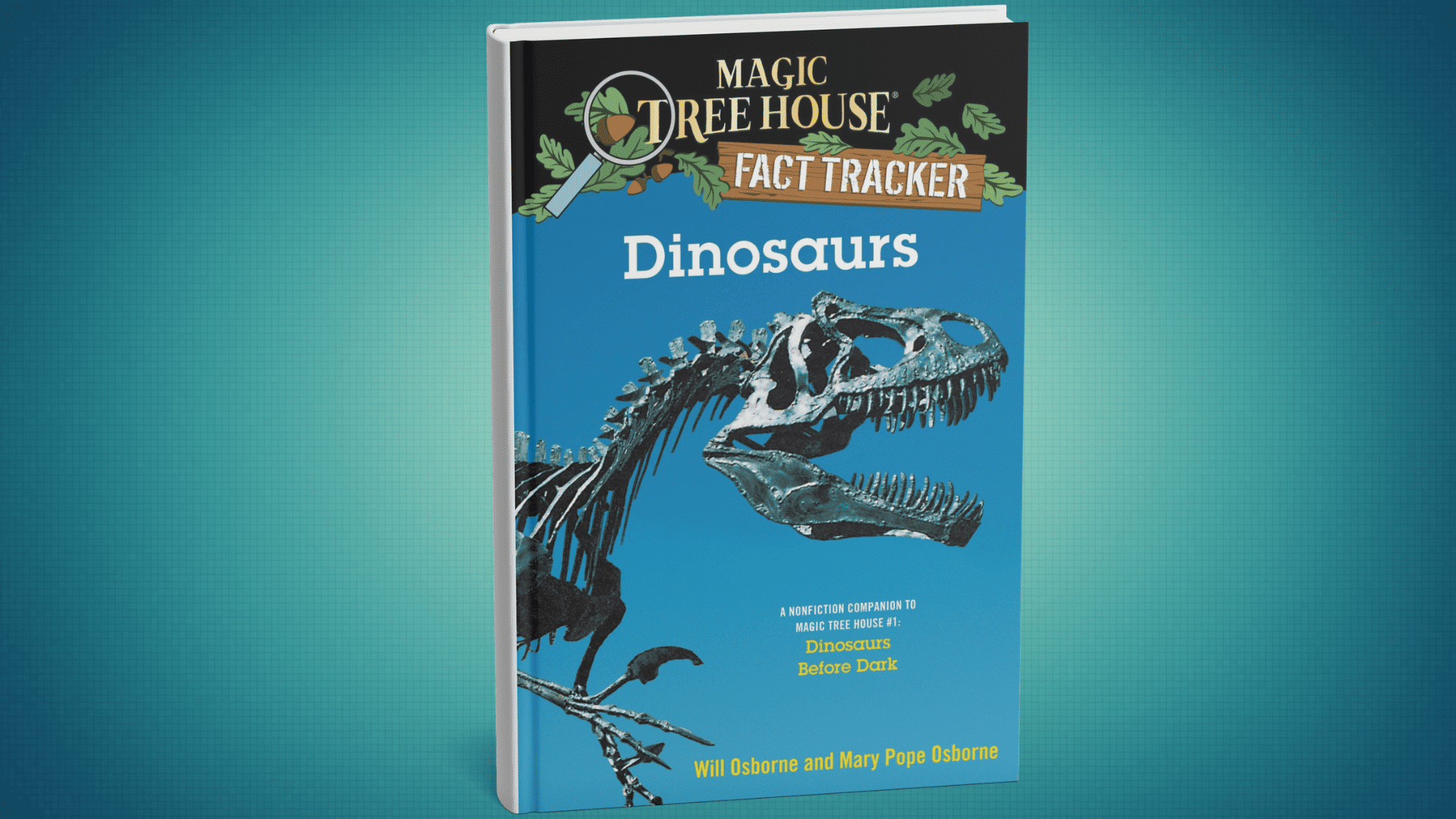
These nonfiction companions to the Magic Tree House series dig into real-world topics such as dinosaurs, knights, and outer space. Magic Tree House Fact Trackers connect fun stories with real-world learning.
The writing is simple, with illustrations and diagrams to support understanding. A great bridge between fiction and fact, these books keep middle-grade readers curious about history and science.
Nonfiction Books for Tweens & Teens (Ages 12+)
These books go into deeper topics, personal stories, and social issues that older kids are concerned about.
11. Stamped (for Kids) by Jason Reynolds & Ibram X. Kendi
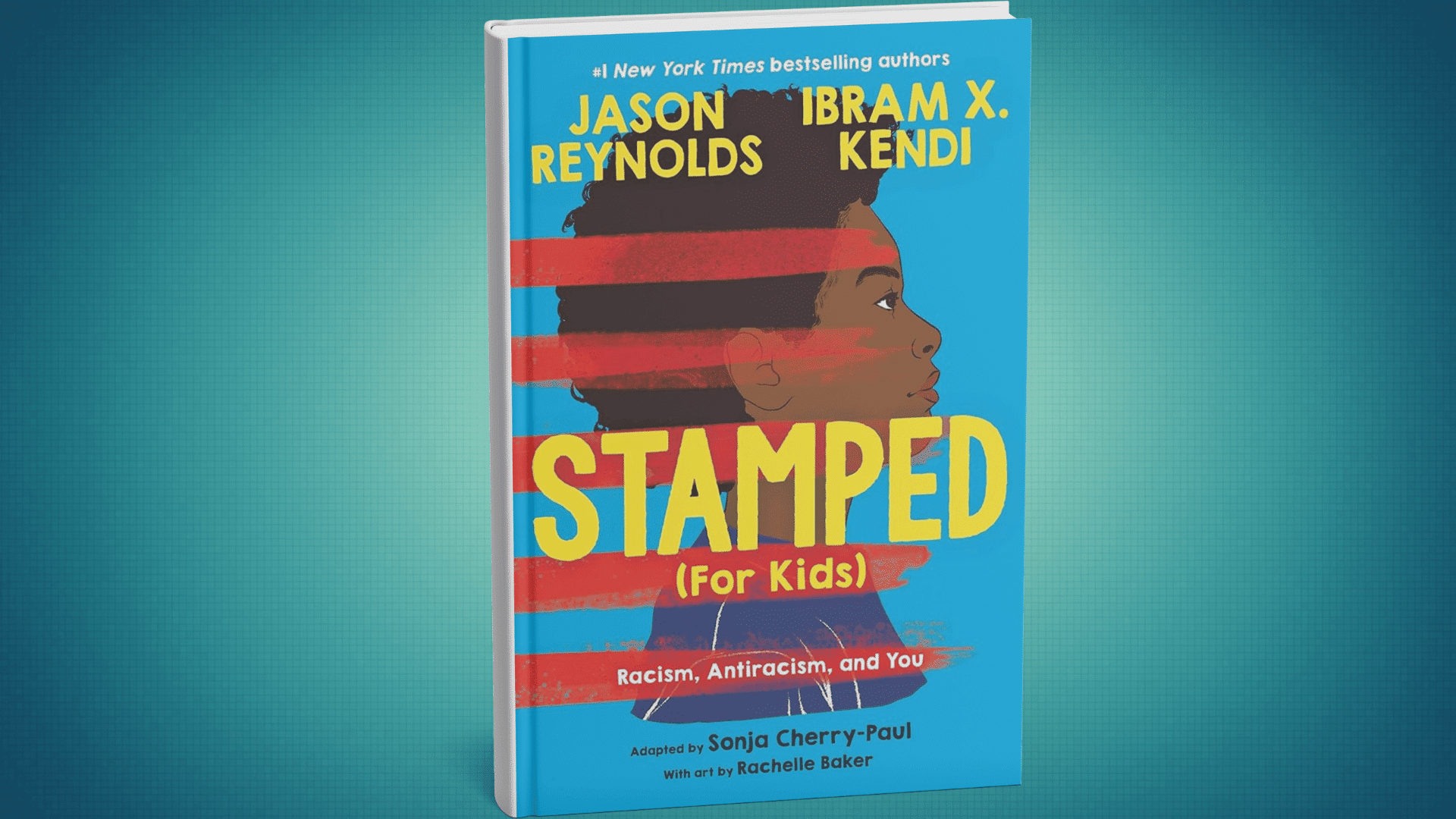
This book explains the history of racism in clear, simple language for young readers. Stamped (for Kids) traces the development of racism and its ongoing impact on people today.
The style is conversational and engaging, which makes a heavy subject easier to process. It encourages kids to think about fairness and equality while learning important history.
12. Brown Girl Dreaming by Jacqueline Woodson
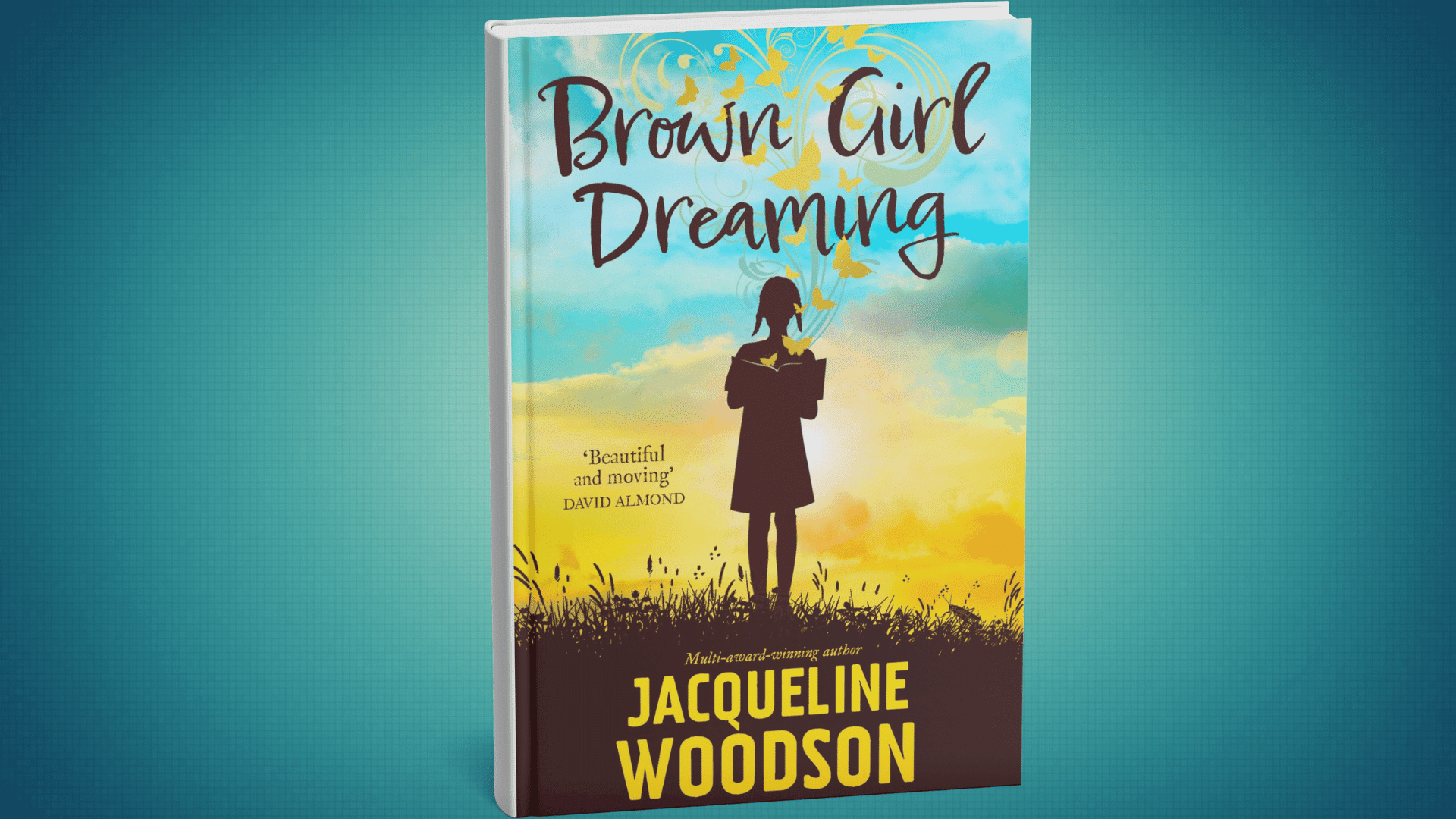
This memoir in verse shares Jacqueline Woodson’s childhood experiences in the 1960s and 1970s. Brown Girl Dreaming walks us through themes such as family, identity, and belonging through a series of short poems.
The format makes it easy to read while still meaningful. Children view history through a personal lens, learning how one person’s story reflects broader cultural shifts.
13. They Called Us Enemy by George Takei
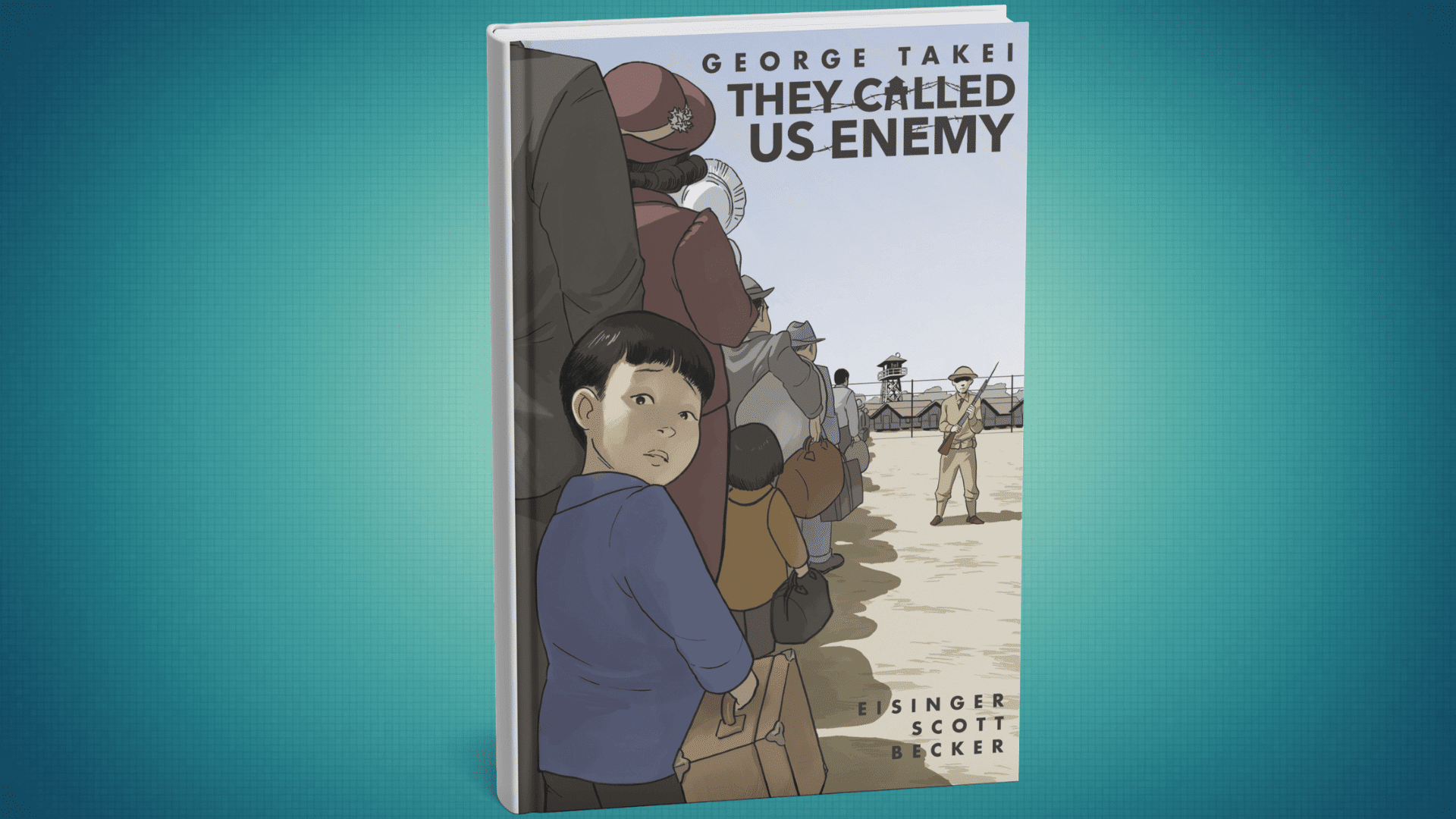
This graphic memoir tells George Takei’s story of growing up in Japanese American internment camps during World War II.
They Called Us Enemy utilizes a comic-book style to make history more accessible while still being emotionally powerful. Readers learn about a difficult chapter in American history through the eyes of a child.
14. The Boy Who Harnessed the Wind (Young Readers Edition)
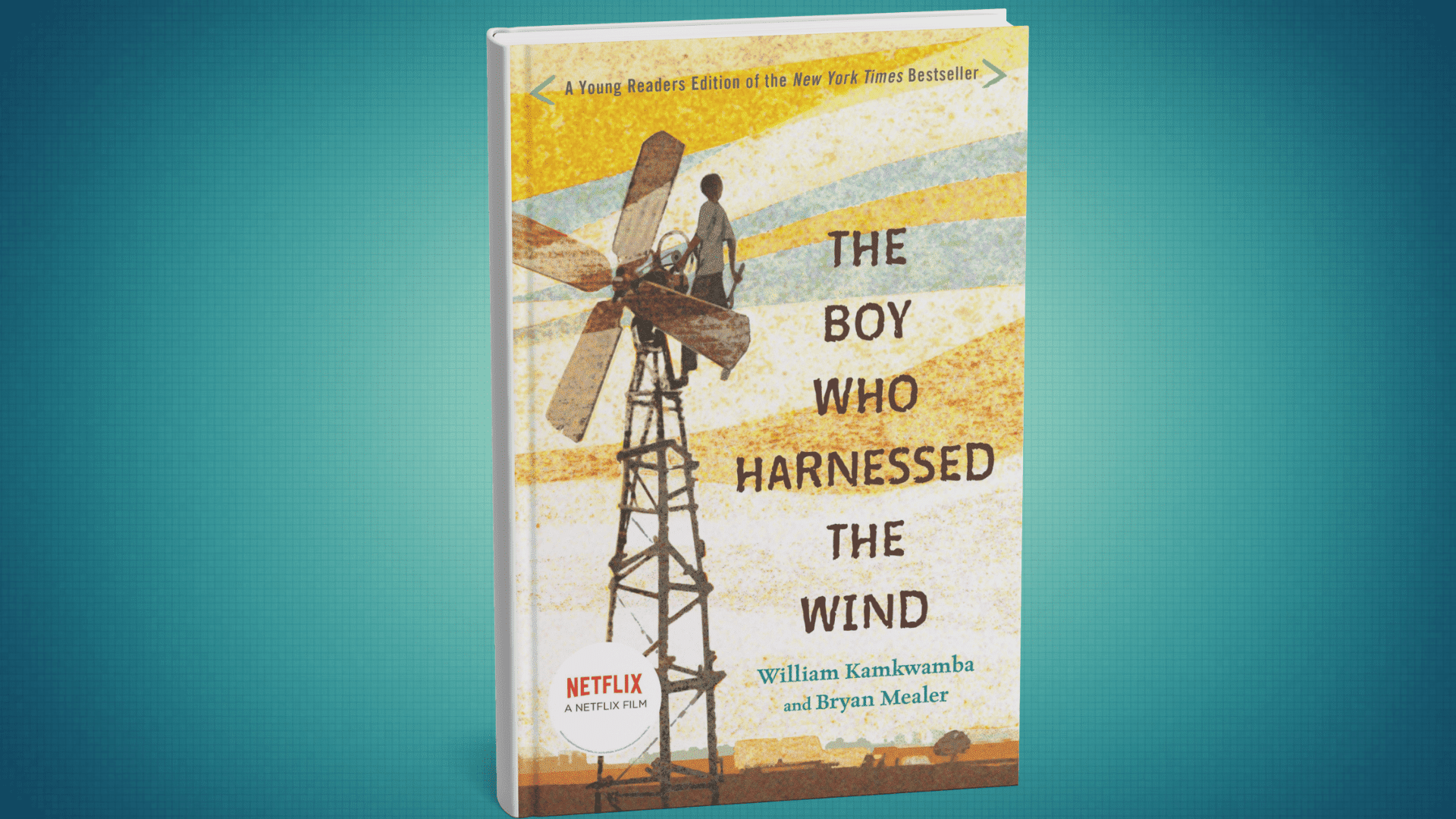
This true story follows William Kamkwamba, a boy from Malawi who built a windmill to generate electricity for his village.
The Boy Who Harnessed the Wind shows determination and creativity despite challenges. The young readers’ edition simplifies his experience while keeping its inspiring message.
15. I Am Malala (Young Readers Edition)
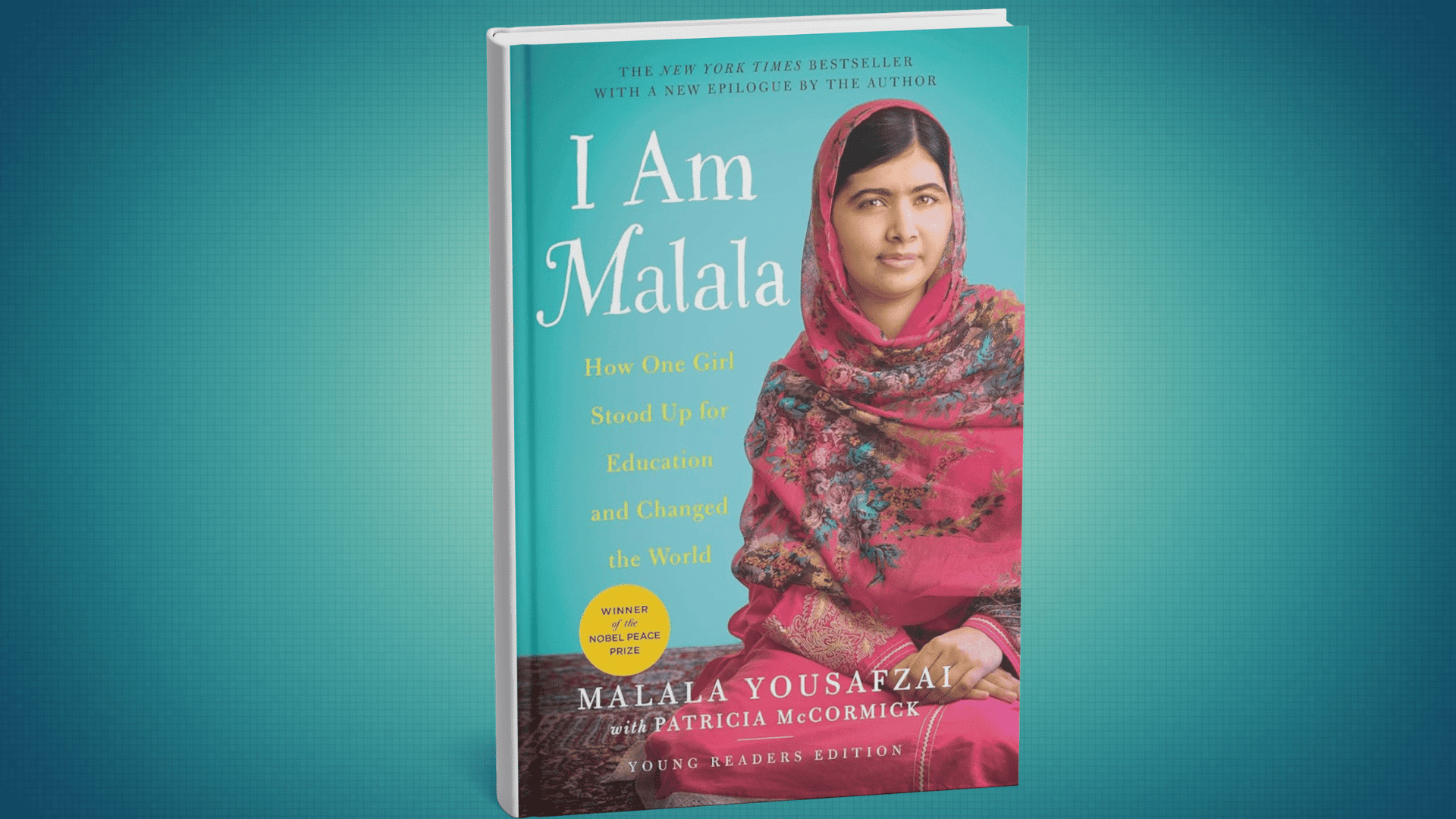
This edition shares Malala Yousafzai’s story of standing up for education rights in Pakistan. I Am Malala explains her bravery and the dangers she faced in language kids can understand.
Malala’s story encourages readers to value their own education and speak up for what they believe in.
Fun & Interactive Nonfiction (All Ages)
These high-interest books are packed with facts, photos, and activities that appeal to all kids.
16. Ripley’s Believe It or Not! Kids Edition

This book is filled with fascinating and surprising facts about animals, people, and the world. Ripley’s Believe It or Not! The Kids Edition features colorful photos and concise text, making it easy to browse.
It’s a great option for reluctant readers, as it feels fun while still presenting real facts.
17. Guinness World Records
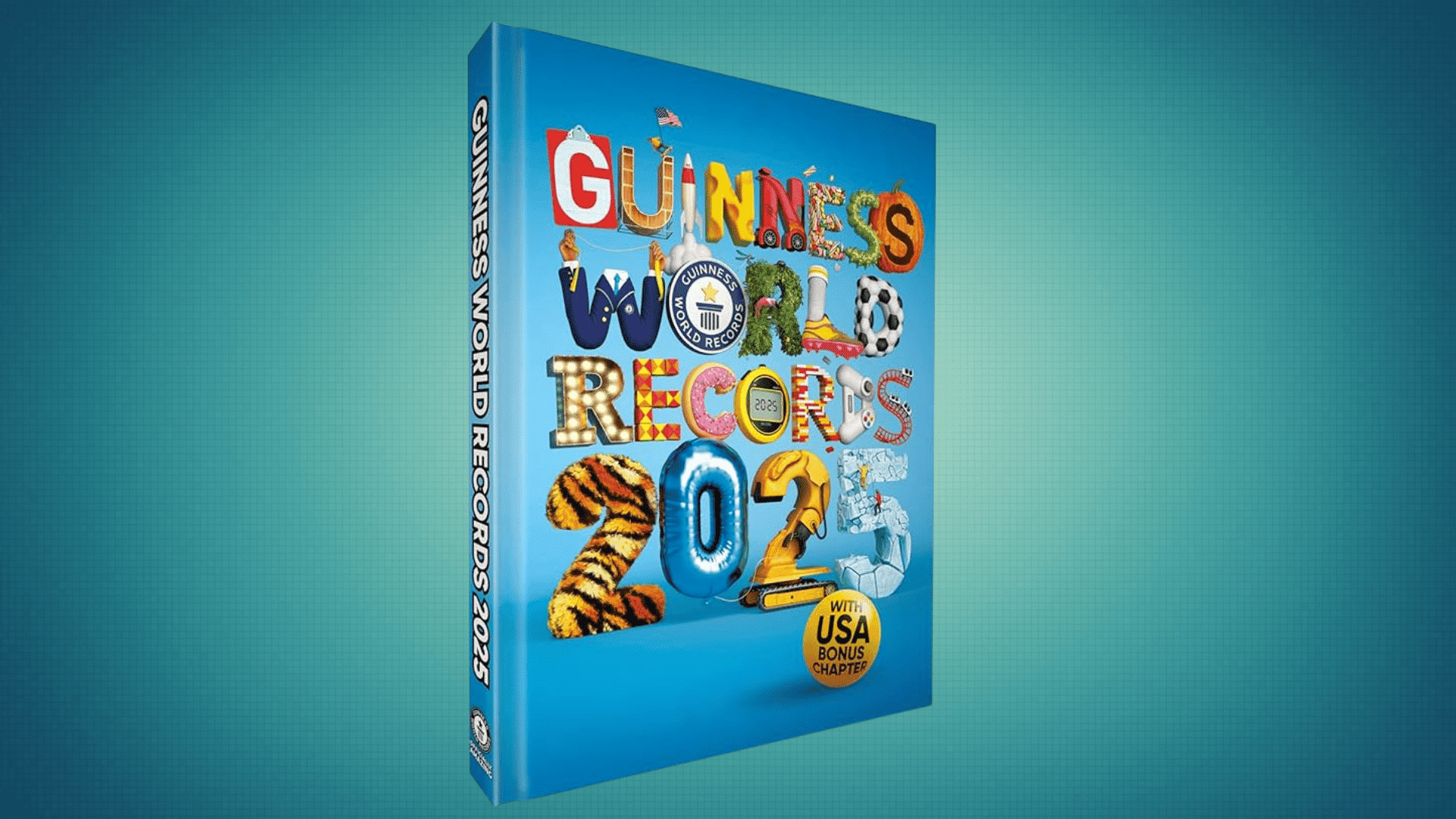
Updated annually, Guinness World Records compiles the most remarkable and unusual records from around the world. Topics range from sports to science to human achievements.
The photos and quick facts keep kids engaged, and they enjoy sharing what they learn with others.
Because it’s updated annually, it always feels fresh and exciting, making it a favorite for many families and classrooms.
18. DK Eyewitness Books
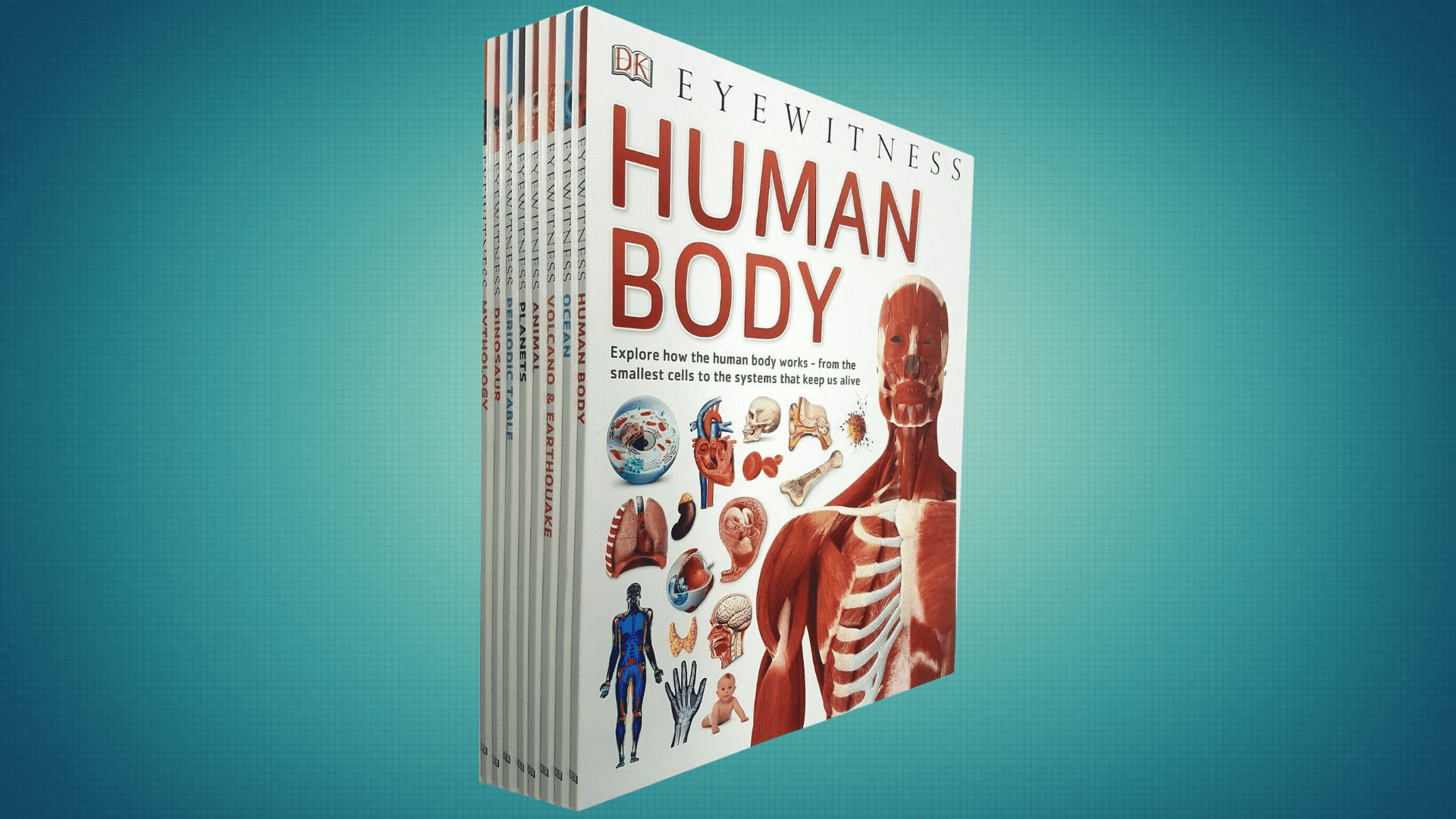
This series covers a wide range of topics like dinosaurs, oceans, and space, with stunning photos and diagrams. DK Eyewitness Books strike a balance between visuals and concise, clear explanations.
The information is reliable and detailed without feeling overwhelming.
19. Atlas of Adventures by Lucy Letherland
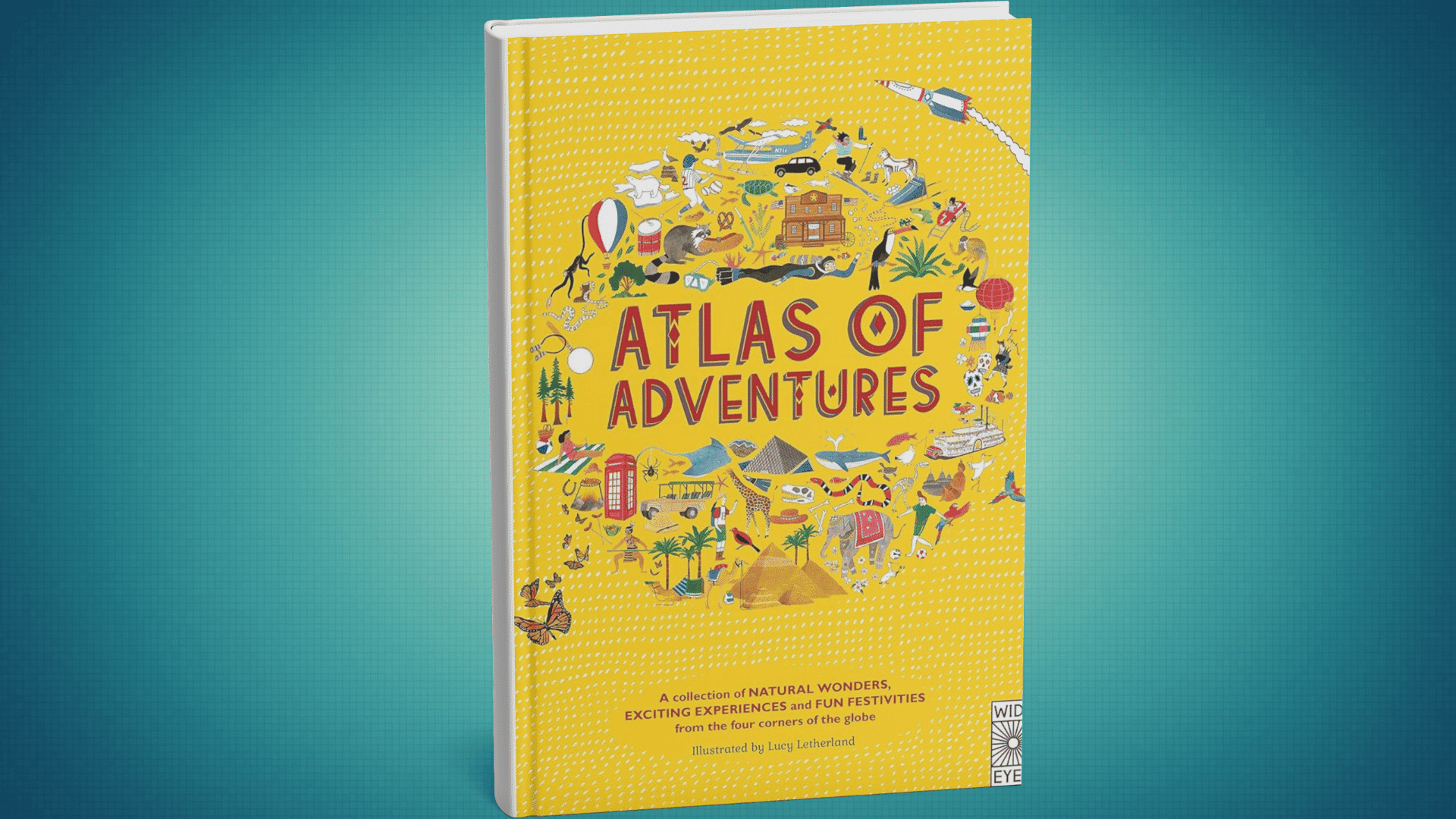
This illustrated atlas takes kids around the world, exploring countries, cultures, and traditions. Atlas of Adventures combines playful storytelling with real information, making geography more exciting. It sparks global awareness and interest in travel.
It’s perfect for family reading, where kids and parents can learn together. A book to revisit many times for both fun and education.
20. Science Comics Series
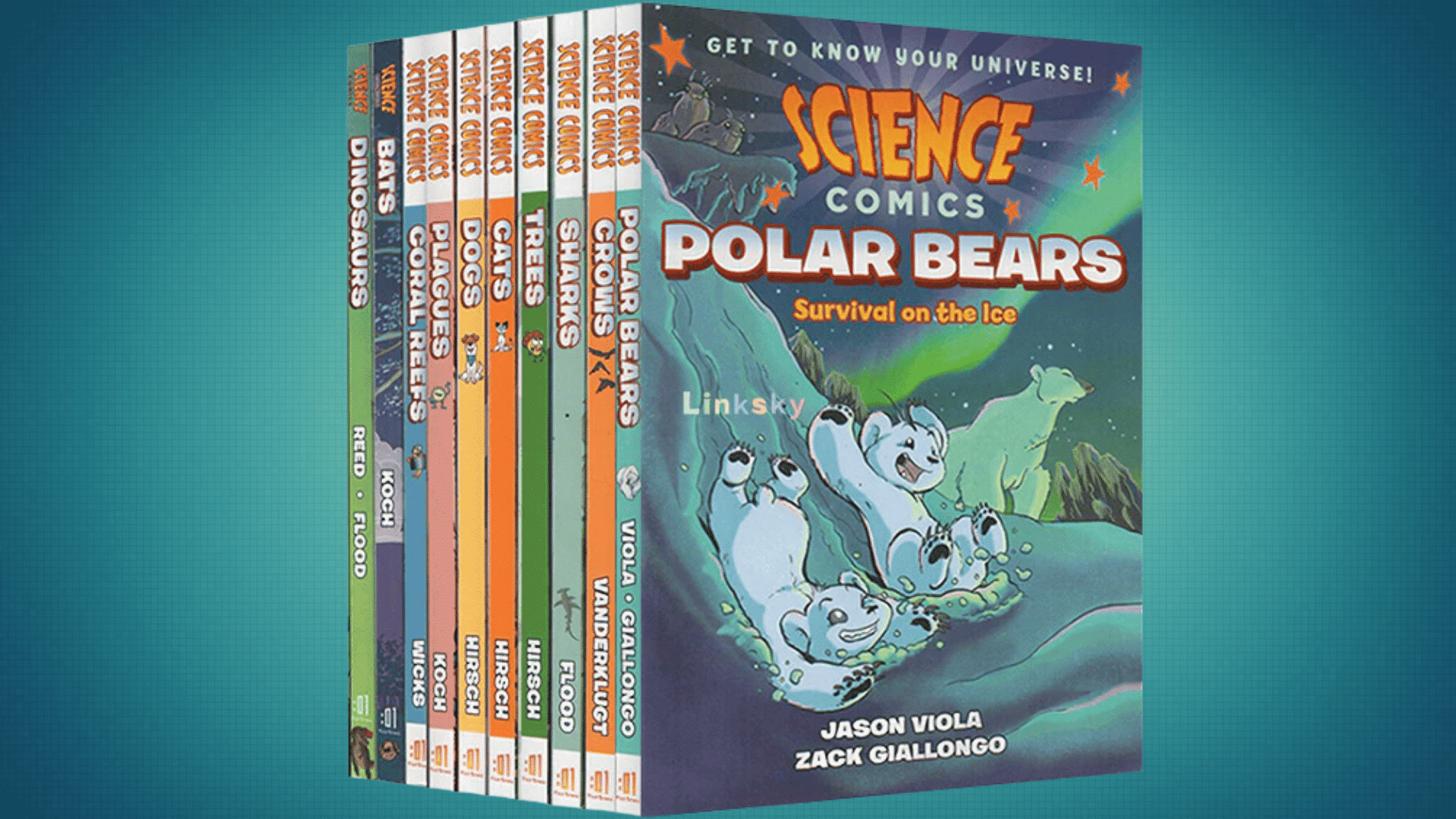
This graphic series explains science topics, such as coral reefs, rockets, and dogs, in a comic-book style. Science Comics series uses humor, drawings, and facts to make learning approachable. Each volume works through into a single subject with bite-sized lessons.
The format keeps learning light while still providing accurate science knowledge. A fun blend of comics and nonfiction.
Nonfiction books for kids open doors to real learning. They explain facts, share inspiring stories, and keep kids engaged.
From illustration-heavy kindergarten books to thoughtful teen memoirs, there’s a nonfiction book for every age and interest. Start with one that fits your child’s curiosity and let them learn about the real world through reading.
Buying Guide for Nonfiction Books for Kids
Choosing the right book isn’t only about the title; it’s also about where you buy, what format works best, and what fits your budget. Here are some quick tips to make book shopping easier.
Where to Buy
- Online: Sites like Amazon, Barnes & Noble, or The Book Depository offer a wide selection and reviews.
- Local Bookstores: Staff can recommend popular or age-appropriate nonfiction picks.
- Libraries: Borrow books first to see what your child enjoys, then consider purchasing.
Formats to Consider
- Hardcover: Ideal for young kids, as it’s sturdy and lasts longer.
- Paperback: More affordable and easier to carry around.
- Digital/Audiobook: Ideal for travel or for kids who prefer listening and visual content.
Price Ranges
- Picture books: $8–$15
- Middle-grade nonfiction: $10–$18
- Teen memoirs or graphic nonfiction: $12–$20
A little planning makes book buying simple and ensures you get something your child will enjoy and return to again and again.
How to Choose Nonfiction Books for Kids
Selecting the right nonfiction book involves matching a child’s age, reading level, and interests. Below are the key points and categories to consider when selecting a book.
Points to remember:
- Match age and level: Choose books with language, length, and visuals that fit your child’s stage. Younger children need images and simple text, while older children can handle more detailed information.
- Consider your child’s interests: If your child loves animals, choose nature or wildlife books. For kids curious about space, choose astronomy or science titles.
- Balance fun with learning: Mix lighter picks, such as fact books or comics, with deeper reads on history, biographies, or science.
- Let them decide: Encourage kids to choose what excites them. When children choose their own books, they’re more likely to enjoy reading and stick with it.
Choose by Interest
| Category | Books Included |
|---|---|
| Animals & Nature | Actual Size – Life-size animal comparisons.Sharks! Beginner shark facts with real photos |
| Space & Tech | National Geographic Little Kids First Big Book of Why: Simple science answers. Hidden Figures (Picture Book), NASA mathematicians, Magic, Magic Tree House Fact Trackers, and Companion guides with real facts |
| History & Current Events | They Called Us Enemy, Graphic memoir of WWII camps, Stamped (for Kids), History of race explained, Brown Girl Dreaming, Memoir in verse |
| Biographies | Women in Science Inspiring STEM Pioneers: Who Was? Series Accessible biographies Boy Who Harnessed the Wind, True Story of Invention Am Malala (Young Readers Edition), Education and Courage |
| Reference & Atlases | DK Eyewitness Books: Photo-rich nonfiction across subjects, Atlas of Adventures, and Illustrated world reference |
| Jokes & Facts | Ripley’s Believe It or Not! Kids Edition: Weird facts, Guinness World Records, Annual global records |
| Cookbooks/DIY | The Complete Cookbook for Young Chefs: Kid-tested recipes, Human Body Theater: Comic-style biology learning, Science Comics Series: Graphic nonfiction on science topics |
Conclusion
Nonfiction books for kids are one of the best ways to help them grow curious, confident, and connected to the world. They spark big questions, share real stories, and make learning feel natural.
I believe every child can find a nonfiction book that excites them, whether it’s about animals, space, history, or cooking.
As parents and teachers, we can guide, but you’ll see the most joy when kids choose for themselves. Start small: pick one book from this list today.
You’ll be surprised how quickly reading turns into learning, and learning into confidence. Together, we can make learning part of everyday life.
It’s your turn, comment on your experience with your kids’ favourite nonfiction book.




